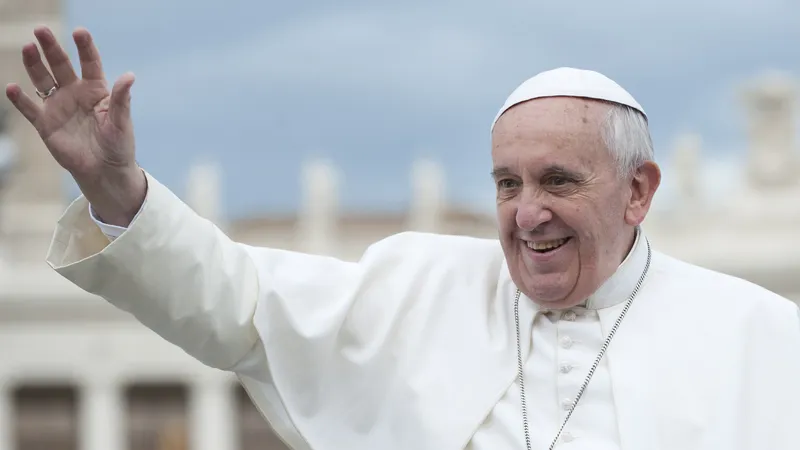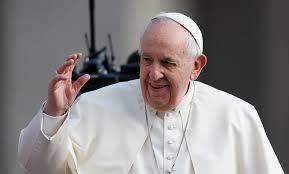Richard Sanders
The Vatican has announced a period of mourning in honor of the late Pope, during which faithful around the world will pay their respects and reflect on his impactful papacy. His unique approach and ability to connect with people from all walks of life left an indelible mark on the Church and the world.
Following the mourning period, a conclave will convene to elect the next pope. This significant event will be watched closely, not only by the Catholic community but also by global observers. The selection of a new pontiff carries weighty implications for both Church doctrine and international relations.
One name that has emerged as a potential frontrunner is Cardinal Luis Antonio Tagle, the Archbishop of Manila and a prominent figure in the Church. Should Cardinal Tagle be elected, it could represent a pivotal shift in the Vatican’s relationship with China. Known for his diplomatic approach and emphasis on dialogue, Tagle has expressed a desire for constructive engagement with the Chinese government.
China is home to one of the largest Catholic populations in the world, yet the Church has faced significant challenges there, including restrictions on religious freedoms and the state’s control over the clergy. Cardinal Tagle’s appointment could signal a new era of increased cooperation and understanding between the Holy See and Beijing, potentially easing tensions and fostering a more congenial atmosphere for Catholics in China.
Experts posit that Tagle’s election could catalyze a renewed focus on reconciliation and partnership, with the potential for greater pastoral care for the Catholic faithful in China. His experience and background might lead to more effective dialogue on critical issues concerning religious freedoms and human rights.
As the Church navigates this transitional moment, the world watches and waits for the next steps in this storied institution, recognizing that the choice of a new pope holds profound implications far beyond the walls of the Vatican.












